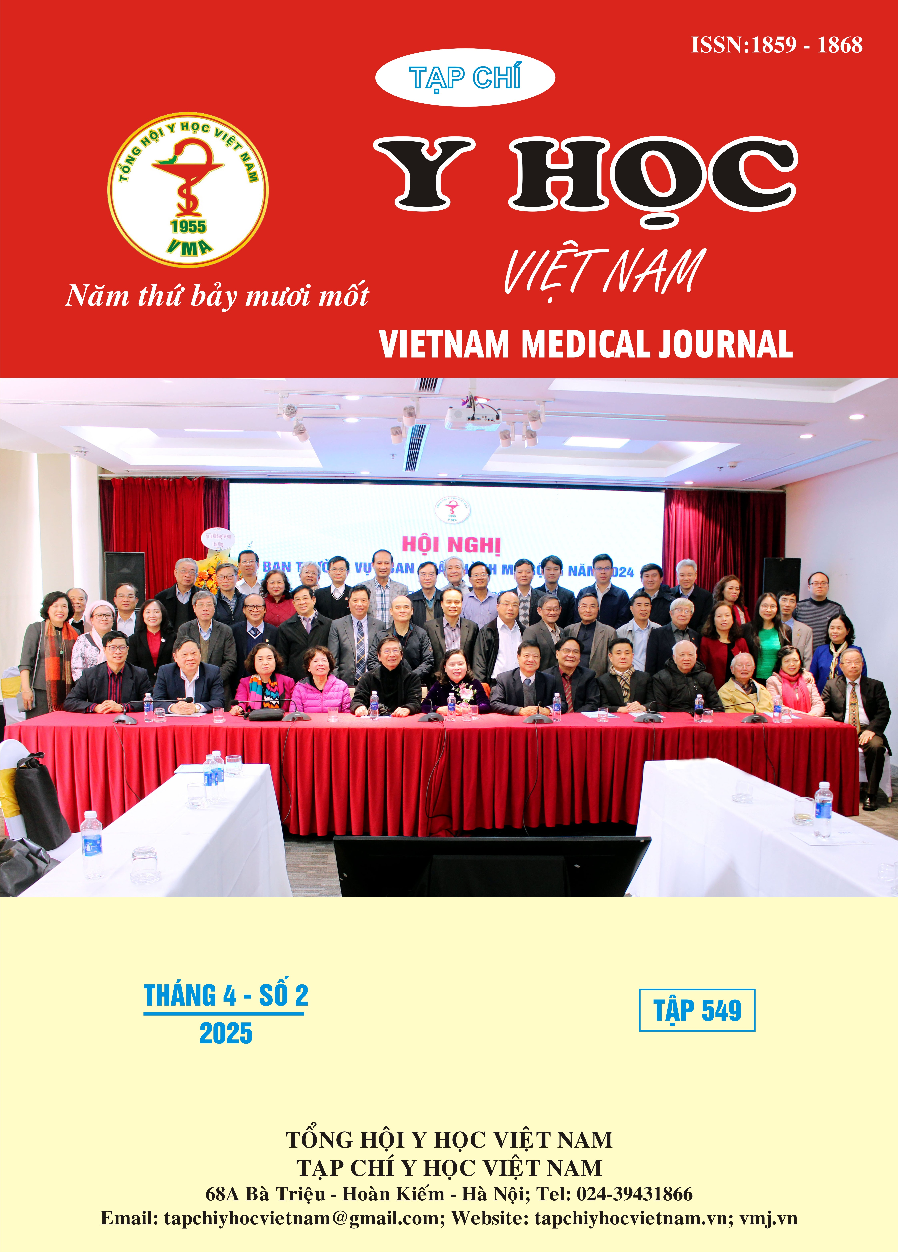CÁC YẾU TỐ LIÊN QUAN ĐẾN KIẾN THỨC VÀ HÀNH VI THỰC HÀNH TỰ CHĂM SÓC Ở BỆNH NHÂN SUY TIM MẠN NGOẠI TRÚ TẠI BỆNH VIỆN NHÂN DÂN GIA ĐỊNH
Nội dung chính của bài viết
Tóm tắt
Kiến thức về suy tim và hành vi thực hành tự chăm sóc là hai nội dung chính trong chương trình giáo dục bệnh nhân suy tim, được chứng minh giúp nâng cao chất lượng cuộc sống, từ đó giảm tỷ lệ tái nhập viện và tử vong. Do đó, vấn đề lâm sàng đặt ra là nhận diện các yếu tố có liên quan đến sự đủ kiến thức về suy tim và đạt hành vi thực hành tự chăm sóc. Mục tiêu: (1) Xác định tỷ lệ các mức độ kiến thức về suy tim của bệnh nhân suy tim mạn ngoại trú dựa trên bộ câu hỏi về kiến thức suy tim của Atlanta phiên bản thứ 3; (2) Mô tả sự phân bố các mức độ thực hành tự chăm sóc của bệnh nhân suy tim mạn ngoại trú dựa trên chỉ số tự chăm sóc suy tim phiên bản 7.2; (3) Khảo sát các yếu tố liên quan đến kiến thức và hành vi thực hành tự chăm sóc ở bệnh nhân suy tim mạn ngoại trú. Đối tượng và phương pháp: Nghiên cứu cắt ngang mô tả có phân tích trên 143 bệnh nhân suy tim mạn ngoại trú tại phòng khám Nội Tim mạch – Bệnh viện Nhân Dân Gia Định. Kết quả: 35% bệnh nhân đủ kiến thức về suy tim dựa trên bộ câu hỏi về suy tim của Atlanta phiên bản thứ 3. Dựa trên chỉ số tự chăm sóc suy tim phiên bản 7.2, bệnh nhân đạt duy trì tự chăm sóc, giám sát hành vi tự chăm sóc, quản lý tự chăm sóc và sự tự tin lần lượt là 33%, 31%, 29%, 27%. Trình độ học vấn và giáo dục sức khoẻ có liên quan độc lập đến sự đủ kiến thức về suy tim. Mặt khác, giáo dục sức khoẻ và kiến thức về suy tim liên quan đến đạt cả bốn nhóm hành vi. Ngoài ra, trình độ học vấn có liên quan đến đạt giám sát hành vi tự chăm sóc và sự tự tin, trong khi số lần nhập viện trong năm qua có liên quan đến đạt duy trì tự chăm sóc và giám sát hành vi. Kết luận: Giáo dục sức khoẻ đóng vai trò quan trọng để cải thiện kiến thức và hành vi thực hành tự chăm sóc ở bệnh nhân suy tim mạn ngoại trú, cần được quan tâm hơn nữa, đặc biệt tập trung vào những nội dung còn hạn chế.
Chi tiết bài viết
Tài liệu tham khảo
2. McDonagh, T.A., et al., 2021 ESC Guidelines for the diagnosis and treatment of acute and chronic heart failure. European heart journal, 2021. 42(36): p. 3599-3726.
3. Riegel, B., et al., Psychometric testing of the revised self-care of heart failure index. Journal of Cardiovascular Nursing, 2019. 34(2): p. 183-192.
4. Butts, B., et al., The third time’sa charm: Psychometric testing and update of the atlanta heart failure knowledge test. Journal of Cardiovascular Nursing, 2018. 33(1): p. 13-21.
5. Đỗ Thị Ánh Tuyết, Kiến thức và thực hành về tự chăm sóc của người bệnh suy tim mạn tái khám tại Bệnh viện Đa Khoa Tỉnh Thanh Hoá. 2022, Đại học Y Hà Nội.
6. Trần Thị Ngọc Anh, Kiến thức và thực hành tự chăm sóc ở nhà của người bệnh suy tim mạn tính tại viện Tim Mạch Việt Nam. 2016, Luận văn thạc sỹ y học, Trường Đại học Y Hà Nội.
7. Lê Thị Liễu, Kiến thức và thực hành tự chăm sóc của người bệnh suy tim mạn sau giáo dục sức khỏe tại Bệnh viện Đa khoa Hợp Lực tỉnh Thanh Hóa. Tạp chí Khoa học Điều dưỡng, 2021. 4(2): p. 56-66.
8. Hà Thị Thúy, Kiến thức và hành vi tự chăm sóc của người bệnh suy tim Tạp chí Y học Việt Nam, 2022. 512(2).


